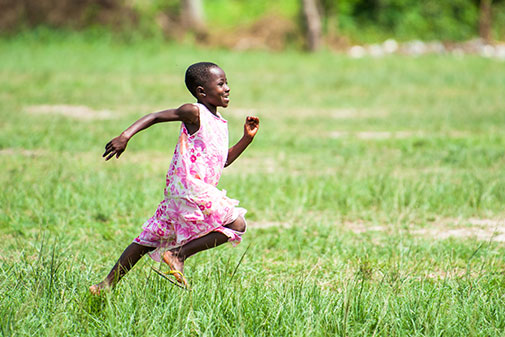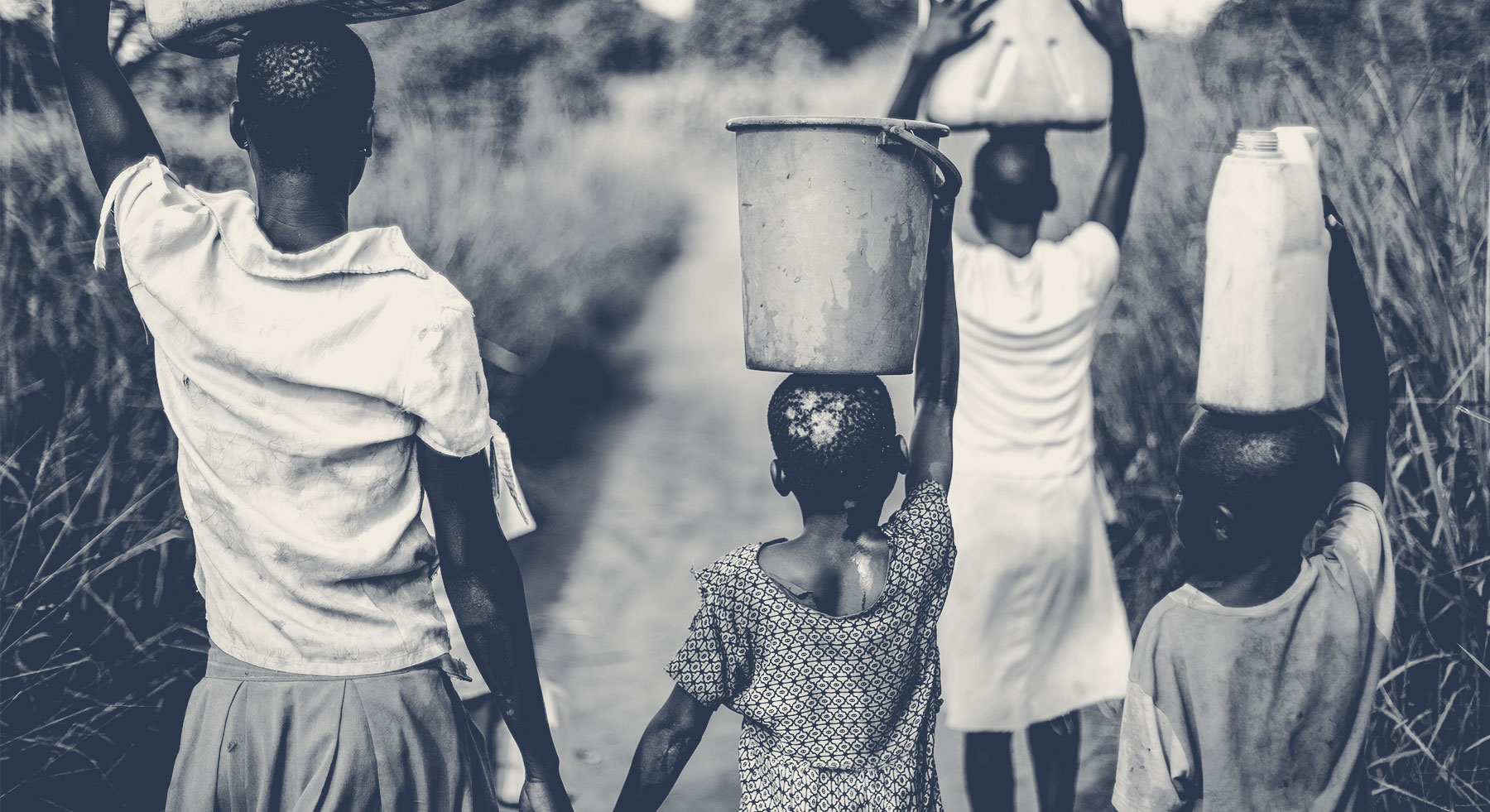It was the night we had all been waiting for. A real missionary was coming to visit us and share all her adventures overseas. As third-grade girls we listened anxiously to a woman in a yellow dress with gray hair and glasses tell us about life in Brazil. For the six weeks preceding this night, our “Missionettes” leader had been teaching us lessons about missions and the call of missionaries. Tonight was the special night we would hear from an actual missionary. Yet, at the end of her presentation, I decided that this night was not so special after all. In fact, I wished it away.
All I could think about was how sad the stories she shared with us were. In many ways, they frightened me. “Why were there children my age in Brazil with no shoes to wear or toys to play with?” “Why had most of them never gone to school?” “Why had some children never seen themselves in the mirror?” “Why did the children look so sad in the photos?” My heart wrestled with unbelief that there were children like me on the other side of the world who lived such tragic lives. I was scared for them and did not know what to do with the sadness I felt for them, so I resolved to disassociate myself from their stories. As a child sheltered with love by her parents, these narratives were simply too painful to think about and ungraspable.
I have grown a lot since that day. And God has faithfully tended to the garden of my heart year after year. As a young woman, I can look back on my life, the journey God has taken me through, and see the imprint of God the night the missionary came to visit us. It was a special night after all. God was tugging on my heartstrings, strings of compassion He had placed there, to awaken me to the cries of human suffering. As a highly sensitive person (HSP), I tend to experience empathy more profoundly than is common or healthy for any individual. With tendencies to unconsciously immerse myself into the tragic experiences of others, easily absorbing all their feelings and emotions, I have learned that although I must exercise this gift with caution, it is still a gift, nonetheless. To feel what another person feels is to know how they hurt and to know how to help them. This is true compassion.
As the director of Ruth’s Home for Children, my empathic nature helps me to serve and carry out our mission. But my commitment goes even deeper than this. The more time I spend with Jesus, pouring out my heart over the suffering of children in Congo, the more connected I feel to His heart. Jesus is so jealous for these children and His love for them goes far beyond my understanding. Each day, I realize more and more that it is Him who will complete the work of Ruth’s Home for Children and accomplish its mission. It is my job to make myself available and exercise the gifts He has given me to be His hands and feet.
With Bright Hope,
Keren Engulu


